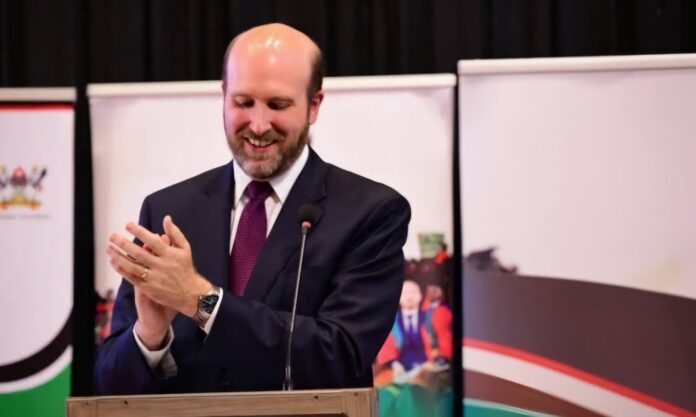The United States Ambassador to Uganda, William Popp, has called upon Ugandans to embrace peace and dialogue, mainly as the 2026 relations draw closer. He spoke during the signing of a National Peace Pledge Summit 2024 at the Sheraton Hotel in Kampala on Friday, October 25, 2024.
In his remarks, Ambassador Popp noted that the peace pledge should be a platform for political actors to uphold during this critical period.
“This Peace Pledge today is a step in the right direction here in Uganda. It is a starting point in the journey for a peaceful and nonviolent electoral process. And I hope that it will be a guide for conduct before, during, and after Uganda’s upcoming election,” Popp said.
Read Also: Sures EC Assures Africa of Holding Free and Fair Elections in 2026
He also acknowledged the efforts of the different stakeholders who work together to create a stable electoral environment.
Read Also: We are Ready to Handle the 2026 General Elections—Police
Speaking at the event, EC’s Acting Secretary Richard B. Kamugisha, who also serves as Secretary of the National Consultative Forum (NCF), stressed the need for peaceful dialogue amongst the electorates in order to work towards togetherness prior to the general elections.
The event, organized by the International Republican Institute and USAID, brought together different stakeholders, including the National Consultative Forum, Electoral Commission, EC, 26 registered political parties, Ugandan Human Rights Commission, security agencies, civil society organizations, and religious and cultural institutions.















